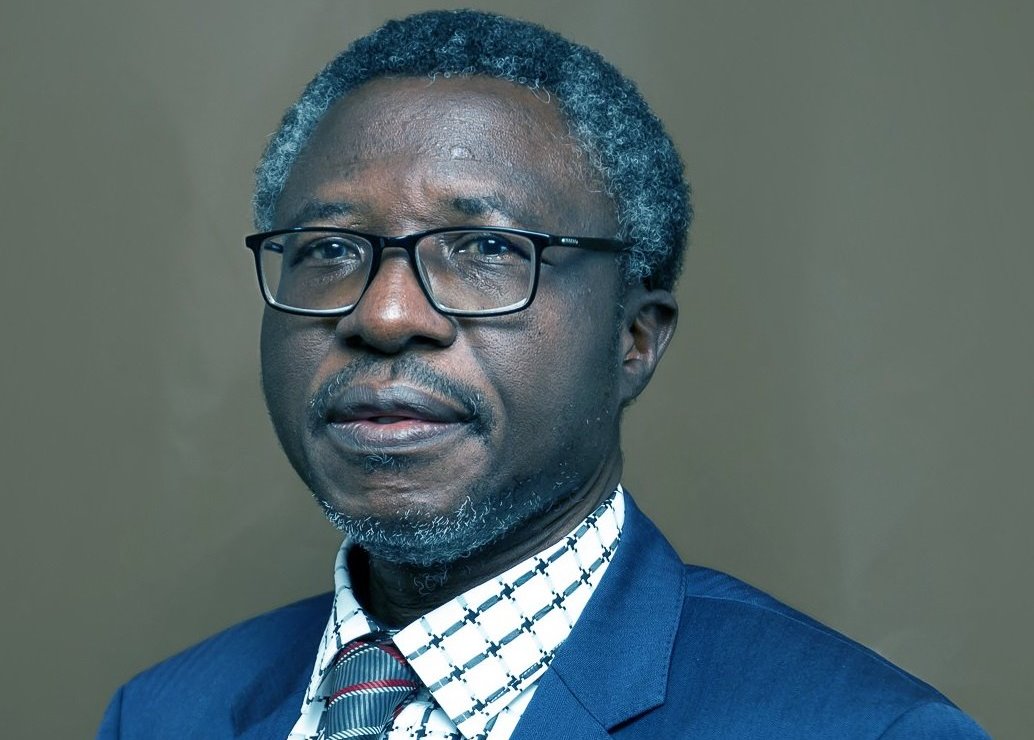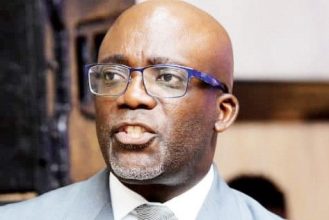Tackling ‘culture’ of child marriages
When news spread that a 14-year-old boy had impregnated a 12-year-old girl at a primary school in Mchinji, it sounded strange.
Some activists rushed to the western border district to investigate what had happened and appear relevant in protecting children’s rights.
Marriage involving children below 18 continue to flourish in Malawi though Parliament amended the Constitution to ensure no one marries before turning 18.

“Child marriages are a culture accepted and deeply entrenched in the country. Any reforms that do not take this fact into account are likely to be resisted; they may be difficult to implement,” says Eye of the Child executive director Maxwell Matewere.
True. Campaigners saw what happened to the adolescents in Mchinji as the reason to ramp up efforts to end such illegal unions, but their neighbours saw a couple ready to start life as husband and wife.
Government and the United Nations report that nearly half of women in the country marry before the legal marriageable age.
Chief Mlolo of Nsanje says the marriages involving adolescents or a young girl and an older suitor is not part of culture, but “something caused by the way some people are”.
“Culture is a way of life, but there are people who grew up in similar settings and are not doing the same things. It is what someone learns where they are that often guides what they do,” she states.
Mlolo cited some initiation rites in some tribes to prepare girls for adulthood or marriage.
“Take chinamwali for example, why isn’t it done in public? It is because of what goes on there. Some even encourage the initiates to have sex as they come out. As custodians of culture, we are against that, but it keeps flourishing because it is part of the system,” she says.
Mlolo criticises the rite of passage to adulthood for exposing girls to age-inappropriate messages that persuade them to have sex with order people.
“The girls coming out of chinamwali often have sex with people who are not of their ages. So, when their age mates make advances, they say ‘no’. That brings the issue of the age at which we start talking with young girls that they can say ‘no’ to sexual advances,” she says, also blaming poverty and indifference for fuelling child marriages.
The traditional leader is worried that some girls and parents see marriage as a way of lessening household poverty.
Concurring, Matewere reckons that keeping boys and girls in school and according them economic alternatives would help address child marriages.
“Government should, for instance, make education compulsory, at least for girls. There is evidence that girls who stay in school tend to be more empowered, marry late and are more aware of reproductive health consequences of early pregnancies,” he says.
Mlolo urges government and nongovernmental organisations to vigorously sensitise people, starting with custodians of culture so that people are aware of the dangers of harmful cultural practices that fuel early marriages.
“We may be arresting people for child marriages, thinking that they know. But that is usually unfair particularly to those in the rural areas. Ignorance is real,” she says.
Mlolo backs calls for stiff penalties where the offender was sensitised to the existing laws.
“Additionally, one should be equipped with messages of where they can access sexual and reproductive health services,” she says.
Her stance is echoed by Panos Institute Southern Africa’s knowledge management and communications manager, Vusumuzi Sifile, who says traditional leaders must be equipped to lead the way in ending child marriages.
“Traditional leaders are important stakeholders in the campaign to end child marriage. In addition to being the custodians of traditional values and practices, they are strategically positioned to work closely with government agencies and the civil society to protect girls from human rights abuses such as early marriage,” he says.
Panos is equipping traditional leaders in some southern African countries to work with their communities to end child marriage and human rights abuses.
Women Legal Resources Centre (Wolrec) legal officer Kumvana Mlumbe says when juveniles as those in Mchinji are suspected of breaking the law, the Child Care, Protection and Justice Act should take its course.
“Cases such as the one registered in Mchinji need to be screened properly if one is to start talking about defilement. That Act looks at what would be in the best interest of the individual child and I think there is no need to add more laws,” says Mlumbe. n
————————-
This article was produced as part of the Ending Child Marriages in Southern Africa Programme by the Panos Institute Southern Africa (PSAf).





